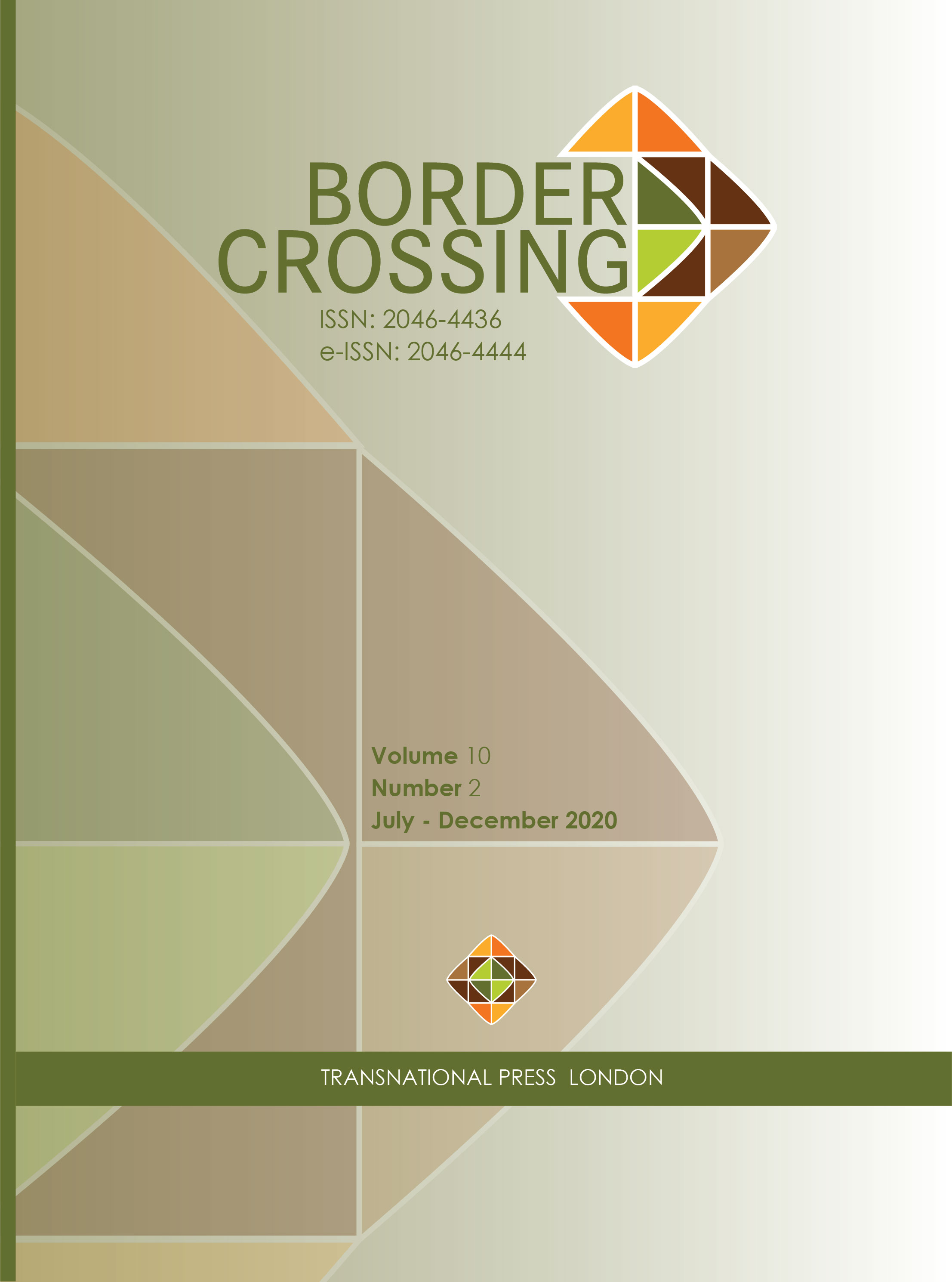Household food insecurity and associated socio-economic factors among recent Syrian refugees in two Canadian cities
Household food insecurity and associated socio-economic factors among recent Syrian refugees in two Canadian cities
Author(s): Lina Al-Kharabsheh, Samer Al-Bazz, Mustafa Koc, Joe Garcea, Rachel Engler-Stringer, Ginny Lane, Judy White, Hassan VatanparasSubject(s): Demography and human biology, Migration Studies, Socio-Economic Research
Published by: Transnational Press London
Keywords: Syrian refugees; food security; income; education; resettlement countries;
Summary/Abstract: In Canada, the prevalence of food insecurity is high among low-income households, particularly recent refugees. We evaluated the prevalence of food security among recent Syrian refugees and the associated factors in two Canadian cities, Toronto and Saskatoon. We collected data using the Household Food Security Model, sociodemographic and socioeconomic questionnaires from 151 families. 84% of the Syrian households were food insecure, with no significant difference in prevalence between Saskatoon and Toronto. The risk of food insecurity was four times higher for households with the annual income below $40,000. Households with educated woman (high school or higher) had four times higher risk of household food insecurity compared to families with less-educated women. Our findings indicate the high prevalence of food insecurity among recently resettled Syrian refugeesin Canada. Higher-income directly associated with food security. The inverse association between education and food security in households with highly educated women warrants further investigation.
Journal: Border Crossing
- Issue Year: 10/2020
- Issue No: 2
- Page Range: 203-214
- Page Count: 12
- Language: English

